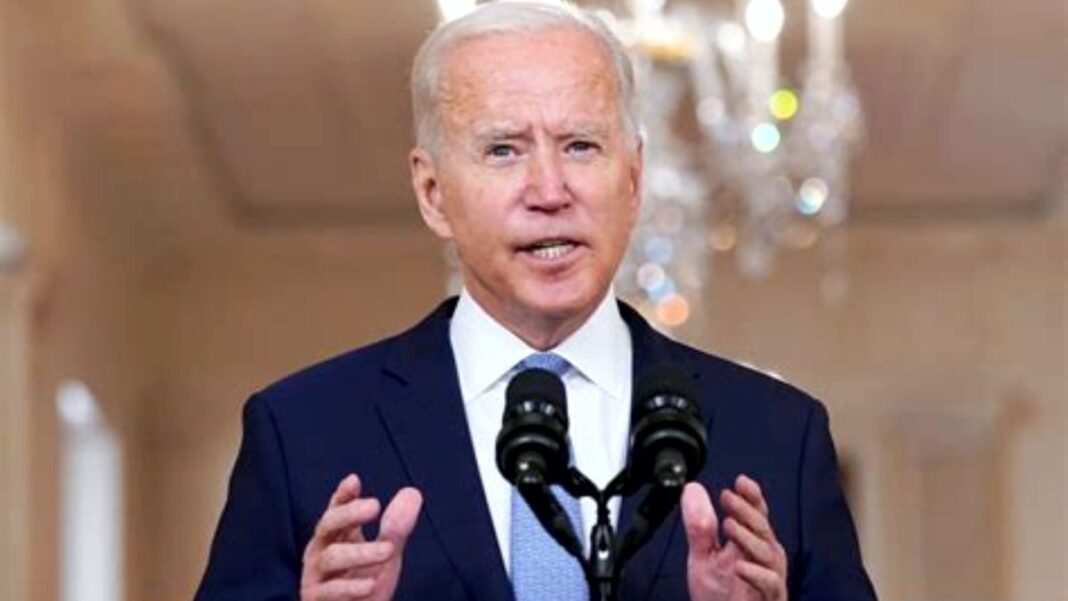As the world watches events in Afghanistan unfold, many have started to wonder what the Taliban rule means for the future of the country’s opium production.
Afghanistan is the world’s largest producer of the opium poppy, which is the raw material for heroin, one of the world’s deadliest drugs. The country accounted for nearly 83 percent of global opium production between 2015 and 2020, according to estimates of the U.N. Office on Drugs and Crime (UNODC). And it’s a key supplier for heroin markets across Europe and Asia.
The U.S. military presence failed to curtail opium production throughout the Afghan countryside. For two decades, opiate economy, which includes cultivation of the poppy, processing into heroin, and trafficking, has been a major source of cash for Afghanistan.
Despite its anti-heroin rhetoric, the Taliban has benefited greatly from this opium poppy economy and become a major player in the world’s drug trade.
In its first official press conference in Kabul, the Taliban pledged to end opium cultivation in Afghanistan, in an effort to gain acceptance from the international community.
“Today, when we entered Kabul, we saw a large number of our youth who was sitting under the bridges or next to the walls and they were using narcotics. This was so unfortunate,” Taliban spokesman Zabihullah Mujahid told reporters on Aug. 17.
“From now on, Afghanistan will be a narcotics-free country, but it needs international assistance,” he said, adding that foreign aid is needed to help Afghan farmers switch to alternative crops.
Afghanistan is noted for its high-quality fruits including pomegranates, grapes, and melons. Various international organizations in the past have helped Afghan families grow pomegranates, for example, as an important alternative to opium.
Despite its agriculture sector and rich mineral resources, the country has been critically dependent on foreign aid, which has dried up with the Taliban takeover.
International donors had been providing 75 percent of the Afghan government’s operating budget, Vanda Felbab-Brown, director of the Initiative on Nonstate Armed Actors at the Brookings Institution, wrote in a Chatham House report.
The Biden administration froze nearly $9 billion in Afghan government reserves that were held in the United States. The International Monetary Fund also blocked Afghanistan from receiving nearly $440 million in funds that were scheduled to be sent earlier. And the German government announced a suspension of $300 million in development aid budgeted for this year.
Financial sanctions will also make it difficult for international organizations to provide humanitarian aid to Afghan families.
Hence, the country is expected to drift into a humanitarian and financial crisis soon, according to experts, which may lead the new regime to increase illicit activities, including drug trafficking.
By Emel Akan








